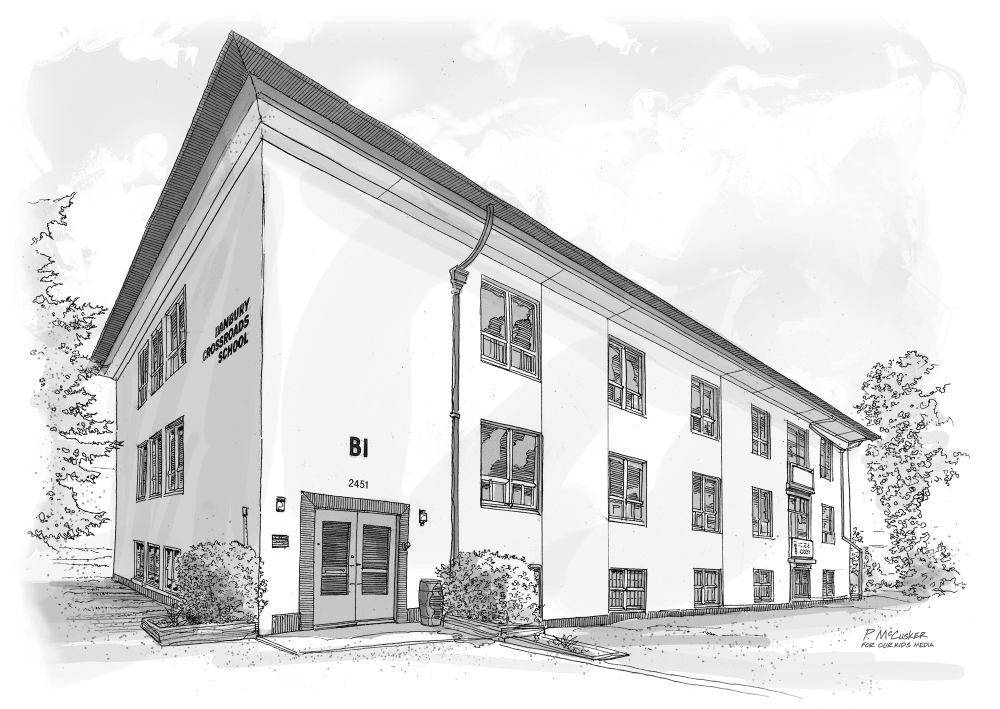

How we see Banbury Crossroads School
The 50-page review of Banbury Crossroads School is part of our series of in-depth accounts of Canada's leading private schools. It provides a unique and objective perspective on the school's academics, programs, culture, and community.
Read our in-depth reviewCompare with:
How Banbury Crossroads School sees itself
"Banbury Crossroads School has a truly unique learning environment. We teach students to mastery in class sizes averaging 10:1, in tutorial-style, multi-aged classrooms. Our collaborative, self-directed learning approach meets students' needs where they are, both academically as well as developmentally. Through extensive one-on-one guidance and attention, our students develop their own autonomy, resilience, communication, and time-management skills. Our graduates have confidence forged from self-competence."
"Many private schools offer what might be called "traditional plus" models of lecture-based, teacher-paced education, with class sizes averaging 15:1 or more. Banbury Crossroads School has a truly unique approach, where our classrooms are tutorial-based, multi-aged, student-paced, and feature class sizes averaging 10:1. Students go on regular field trips, and we offer support for work experience placement, internships, and community volunteering. Our graduates excel in post-secondary and life!"
"At Banbury Crossroads School, we prioritize personalized education and small class sizes over expansive campus facilities. By not having our own gym, we utilize Calgary's excellent local pools and gyms, integrating our students into the community and providing real-world learning opportunities. This strategic choice supports a focused allocation of resources towards nurturing each student's unique talents and interests in a supportive environment."
"Students who…
- Are self-motivated and independent learners.
- Possess a natural curiosity and enjoy exploring new ideas and topics beyond the standard curriculum.
- Are gifted and require a challenging and stimulating environment to reach their full potential.
- Excel with student-directed, tutorial-style teaching.
- Value personal connections with teachers and working at their own pace.
- Flourish with multi-age groups and interaction with peers.
- Enjoy hands-on, interactive learning and exploring the world beyond the classroom.
- Are seeking opportunities for community service and civic engagement"
"Banbury Crossroads School might not be the best fit for families who:
- Prefer Traditional Education: Desire structured, conventional schooling with a standard curriculum.
- Seek Comprehensive Facilities: Want large, on-site facilities like big sports complexes.
- Prefer large class sizes: Prefer their students to be in large, single grade classrooms
- Need structure: Students who thrive under directive teaching rather than self-directed learning.
These points should help families assess whether our educational approach aligns with their expectations."
"As a school with one of the lowest student to teacher ratios available, averaging 10:1, our students get unparalleled access to teachers for guidance, support, and mentoring. Students regularly schedule their own meetings with the School's Director to talk through challenges they're facing. With our self-directed curriculum delivery, students learn to thrive by making their own choices, leading to graduates with superlative self-management skills, and with confidence forged from competence."
"Banbury Crossroads School in Calgary is recognized for its unique self-directed learning approach. Known as "Calgary's best-kept secret," the school stands out for its low student-to-teacher ratio and flexible curriculum tailored to individual interests and needs. It fosters a warm, inclusive atmosphere where students of various ages interact, enhancing learning and social development. The school also emphasizes real-world experiences and community engagement, preparing students for life beyond the classroom"
"We often stress that our class sizes are small, averaging 10:1. This is true and is a big factor for a lot of families when choosing our school. One fact that may be overlooked is our multi-age groupings. This allows for peer instruction, leadership, and collaboration. This is also more reflective of real-world situations and helps prepare students for university or college, and, later, their adult lives."
"We do not give out letter or number grades until grade 9. Instead, we encourage and help students set goals, self-assess and learn until mastery - only moving on to the next grade until both the student and their teacher feel as though the student fully understands the subject or topic they are learning."
"Recent improvements at Banbury Crossroads School include:
- Acquisition of More Rooms: The school has acquired additional rooms in the existing building they rent, allowing for the expansion of classroom space to accommodate more students.
- Maintaining Small Class Sizes: Despite the increase in enrollment, the school remains dedicated to small class sizes, ensuring personalized attention for each student.
- New Programs Starting Fall 2024: Banbury Crossroads is set to introduce new educational programs in the fall of 2024, aimed at enriching the student learning experience with more diverse offerings."
"- Continued Expansion: The school aims to further expand both its physical space and its student body, adapting to growing demand while maintaining its commitment to small class sizes and personalized education.
- Introduction of New Programs:
- DSEP Program: A new initiative focused on developing specialized skills.
- Elite Performance Program: Aimed at students excelling in areas like arts, sports, and other fields, providing them with tailored support and opportunities.
- International Baccalaureate (IB): The school hopes to add the IB program, known for its rigorous, internationally recognized curriculum that encourages students to think critically and globally."
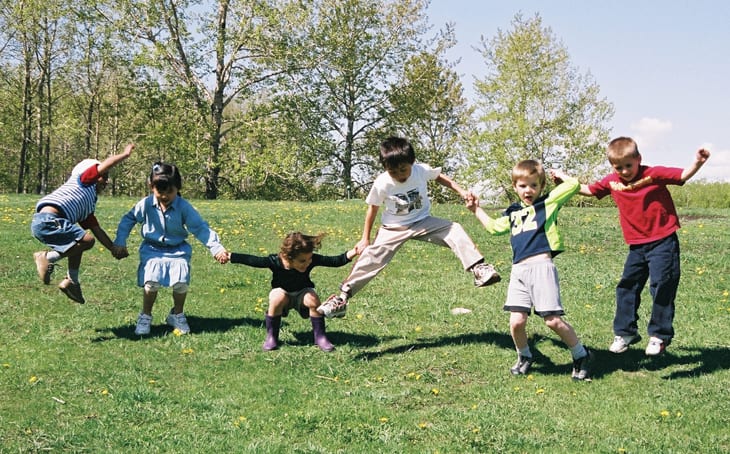

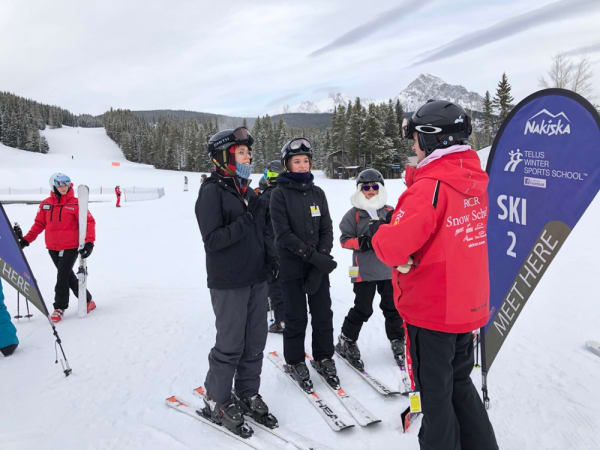
Highschool Skiing

Elementary Gymnastics
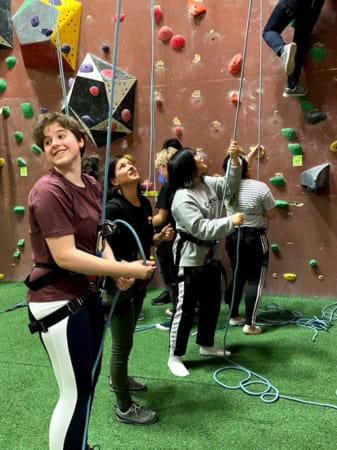
Highschool Climbing



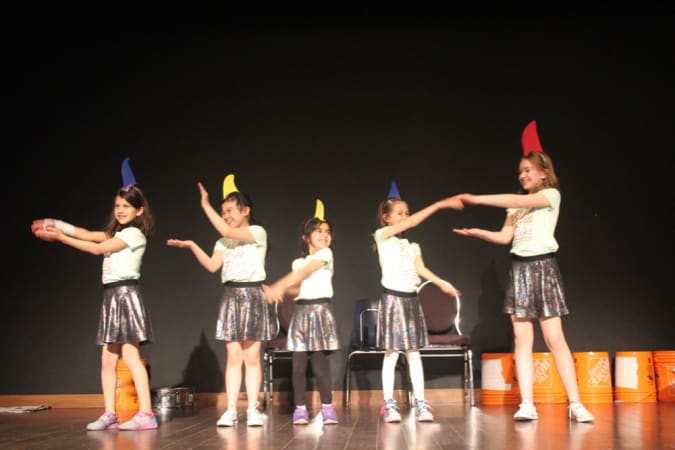
Yearly School Performance

Highschool Art Class
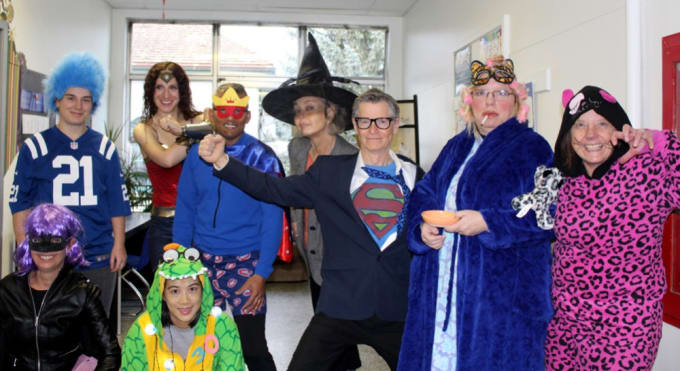
Teachers at Halloween




Staircase with shoe-rack leading to 2nd floor

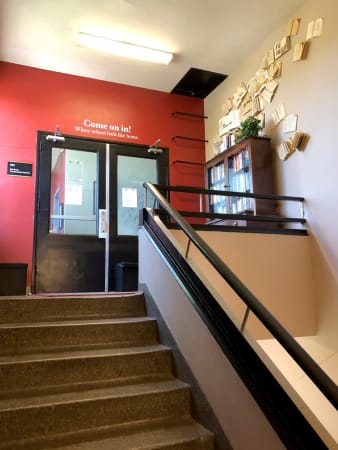
Main entrance



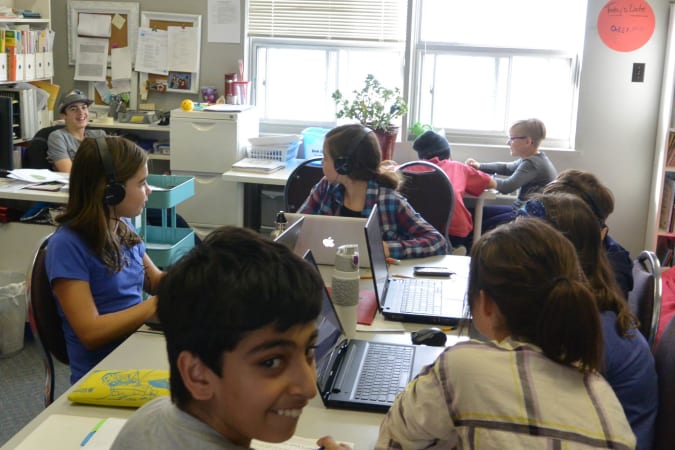
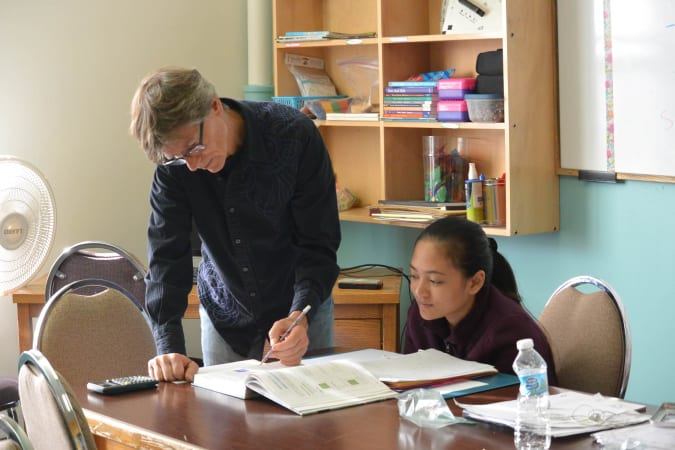
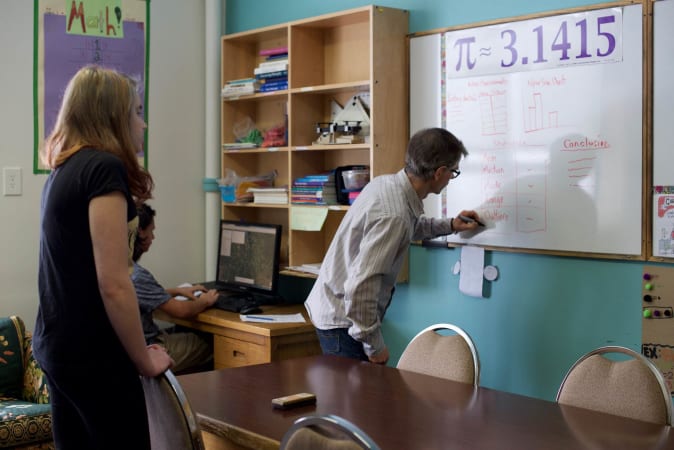




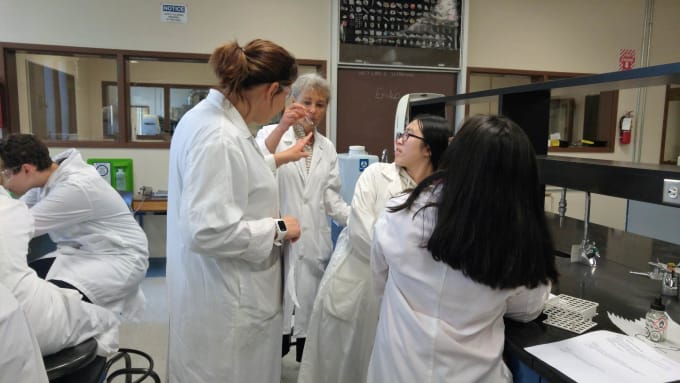



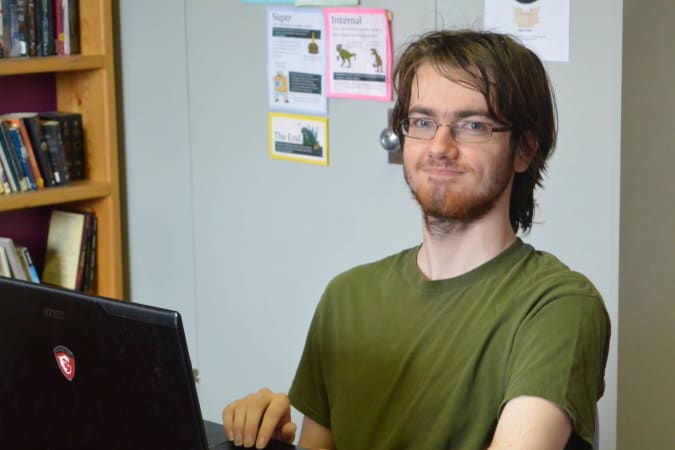


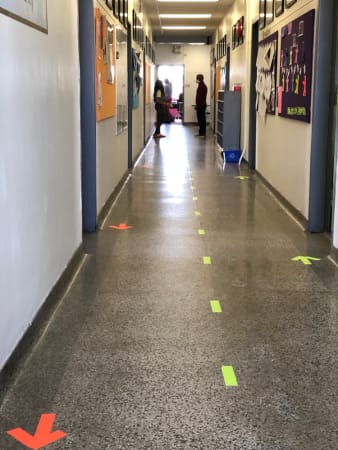
Covid-clean Hallways
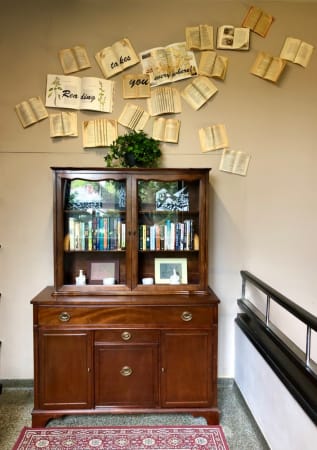
Our Little Library




How people from the school’s community see Banbury Crossroads School
Top-down influence on the school’s direction and tone
Diane Swiatek, Director
B.A., B.Ed., E.C.S. Dip.
Congratulations to us all! Banbury Crossroads School passed its 40th Anniversary mark on November 1st, 2019. The historical inertia represented in its continued existence warms my heart, because it means that the Banbury Crossroads way of learning is still available for children in the Calgary region. It has been my passionate dream for the entirety of my adulthood for children to have the opportunity to be respected as individual people, and to be happy, visible, and nurtured while they learn in a holistic fashion. Over the years, the thinking and writing that was done from the very beginning is still valid and relevant. Our philosophy and practices of self-directed learning from those early years have become richer and validated through practice, flourishing into our present ways of being. The inspired devotion and multitudinous efforts of teachers, students, and parents have all contributed to create the actual way we are now. We are a very unique school, with our own particular identity. By this time, it is common for me to tell children and young adults, “At Banbury, we…” while explaining our ways of relating to others, engaging in learning activities and interest-based projects, developing emotional intelligence and self-regulation, connecting with the real world outside our walls, and creating the school culture inside them.
Over the years, Banbury Crossroads has honed its mission to foster learning through self-empowerment, intrinsic motivation, management of time and resources, and active goal setting. Mutual respect is the foundational principle. So, all of us expect to have both rights and responsibilities. Some of the hallmarks of our school are the development of moral and logical reasoning, and competence in the soft skills that are crucial for smooth social functioning, We have developed expertise in developing communication and negotiation skills, and providing guided conflict resolution among willing participants.
Academics matter, because students have an innate impetus for intellectual growth. They need to learn about, and master, their environment. To be respectful to our students, we allow them to work on material that suits their true level of accomplishment, rather than pushing them ahead or holding them back within same-age cohorts. This requires personalized and individualized instruction. So, students set their own schedules and deadlines, and pace their academics, individually working to levels of mastery in accordance with their abilities and motivation. The Alberta Programs of Study are the baseline; students often go beyond that.
As a result, Banbury Crossroads offers very unique schooling. The first difference is shown in how we treat children. Since we respect them as persons, we value their development in autonomy and self-sufficiency, while at the same time emphasizing their interdependence with other people. They are important individually, and so is everyone else. So, we put energy into helping them develop self-leadership, confidence, empathy, compassion, and social responsiveness. We emphasize the need to contribute to their communities.
In order to enable such individualized mentoring, the student-teacher ratio averages 8 to 1. This allows students to receive the visibility, attention, and nurturance necessary for optimal learning. Our choice of this small ratio allows the school atmosphere to be peaceful, comfortable, trusting, and optimistic. Joy happens here. Within these small classes, in order to allow students to work at their true levels of competence, we have chosen multi-aged groupings. This is not unique in the world at large—indeed, this describes the world at large—however, it is certainly unique in schools. This multi-aged approach fosters peer learning, and trust and comfort between people of various ages. As well, it does not socially penalize those students who are working either ahead or behind their peers.
Therefore, teachers need to use tutorial instruction, rather than lecture-based, teacher-paced instruction. This facilitates academic mentoring, with students being able to ask questions and receive assistance in answering them. In academic pursuits, students are encouraged to compete with themselves, to surpass their historical achievements, and work towards their current, personal goals. They may participate in designing their assignments and projects in line with their interests, and they use manipulative materials to carry them out. They participate in the community for real-world learning. In non-COVID years, we do this through field trips, volunteerism, internships, and international travel. Since it is a COVID year, because we have small class sizes, we are able to socially distance our students, and when we need to engage in remote learning, we contact our students daily. Banbury Crossroads is the school when students may experience learning activities that are impossible in large institutions. Banbury Crossroads is a fine example of unique, innovative schooling!
THE OUR KIDS REPORT: Banbury Crossroads School
Next steps to continue your research:
Continue researching Banbury Crossroads School with OurKids.net, or visit school website.
